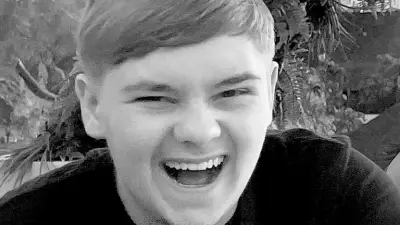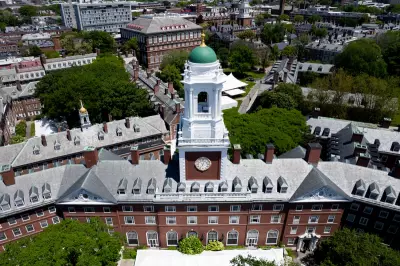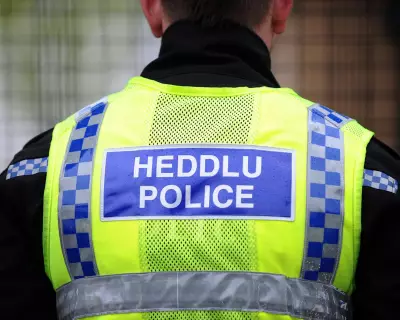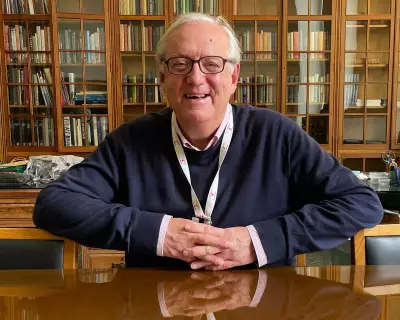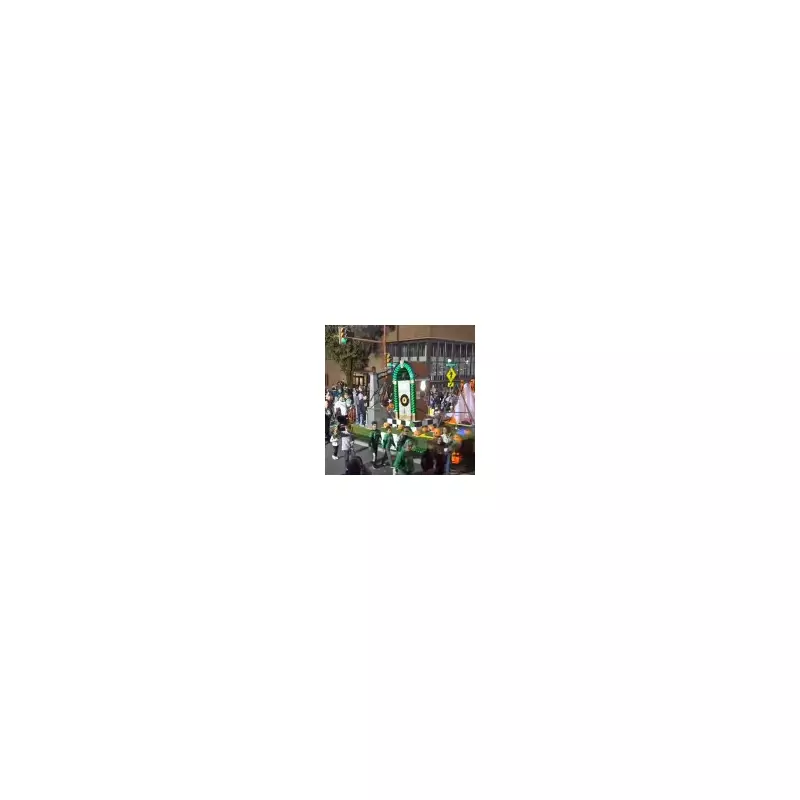
A Catholic primary school in England has been engulfed in controversy after using a replica of the infamous Auschwitz concentration camp gate during its Halloween parade, sparking outrage from Jewish community leaders and Holocaust education charities.
The incident occurred at St. Mary's Catholic Primary School in Bexhill, East Sussex, where pupils were photographed carrying a banner bearing the German phrase 'Arbeit Macht Frei' (Work Sets You Free) - the chilling slogan that greeted prisoners at the Nazi death camp where over 1.1 million people were murdered during the Holocaust.
Community Leaders Express Disgust
The Board of Deputies of British Jews described the incident as 'deeply distressing and offensive', while the Holocaust Educational Trust called it 'completely inappropriate' and urged schools to approach teaching about the Holocaust with sensitivity and respect.
Local residents expressed shock upon seeing photographs of the parade circulating online, with many questioning how such an offensive display could have been approved by school staff and parents.
School Issues Apology
In response to the mounting criticism, the school has issued a formal apology, acknowledging the 'significant offence and hurt' caused by the display. School authorities stated they are now reviewing their procedures to ensure such an incident never happens again.
The Catholic Diocese of Arundel and Brighton, which oversees the school, has also condemned the parade display, calling it 'wholly inappropriate' and confirming they are working with the school to address the situation.
Historical Sensitivity in Education
This incident has reignited discussions about how schools approach sensitive historical topics, particularly the Holocaust. Educational experts emphasise the importance of teaching such dark chapters of history with proper context and respect for the victims.
Many are questioning what educational value, if any, could be derived from recreating one of the most potent symbols of Nazi genocide as part of a children's celebration.
The controversy comes at a time when Holocaust awareness is considered increasingly important, with fewer survivors remaining to share their firsthand accounts of the atrocities.

